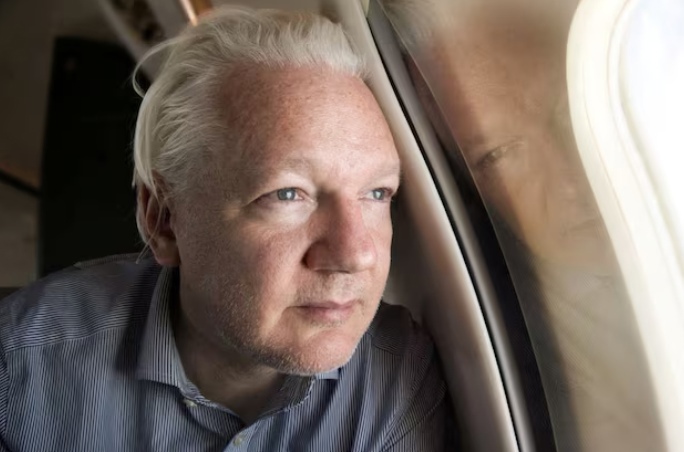WikiLeaks founder Julian Assange pleaded guilty to divulging military secrets in a US court last week before being released under earlier agreements reached with US authorities, and his supporters continue to express backing for him, calling him a hero on social media.
The hearing was held in the federal district court of the Northern Mariana Islands (US territory) on the island of Saipan in the Pacific Ocean, where Assange arrived from London. After pleading guilty to conspiracy to obtain and disclose classified national defence information, Judge Ramona Manglona said it would be “just and reasonable” to credit towards his sentence the 62 months Assange spent in London’s high-security Belmarsh prison contesting extradition to the US. The more serious charges, which threatened a lengthy prison term, were dropped against Assange.
Meanwhile, the world’s leading politicians and media personalities continue to express support for the WikiLeaks founder on social media.
Robert F. Kennedy Jr., candidate in the US presidential election, said he was “overjoyed” and hailed Assange as “a generational hero.” Kennedy also wrote on X:
The bad news is that he had to plead guilty to conspiracy to obtain and disclose national defense info. Which means the US security state succeeded in criminalizing journalism and extending their jurisdiction globally to non-citizens. Julian had to take this. He has heart problems and he would have died in prison. But the security state has imposed a horrifying precedent and dealt a big blow to freedom of the press.
Assange, an Australian journalist, founded the website WikiLeaks in 2006 to publish classified documents. In 2010, the site published data on the military campaigns of the US and its allies in Afghanistan and Iraq. For this, Washington has charged Assange with 18 charges, including espionage, and he faces up to 175 years in prison in the US.
Assange’s lawyers argued that he was simply publishing the information provided to him, as any journalist would, and therefore should not be penalised. US prosecutors insisted that he encouraged US military intelligence analyst Bradley Manning to steal diplomatic cables and military files that were published on WikiLeaks, putting lives at risk.
